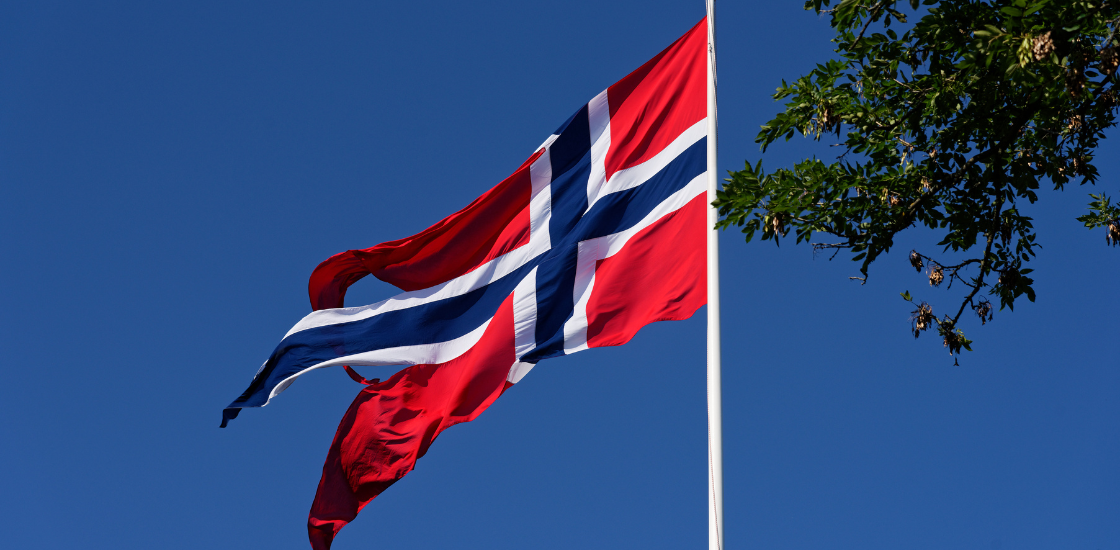EGBA Calls for Norway to Shift from Monopoly to Licensing Model
In a recent statement, the European Gaming and Betting Association (EGBA) has encouraged Norway to transition from its current gambling monopoly system to a licensing model for online gambling.

EGBA emphasizes that the prevailing belief that a monopoly is essential for safer gambling does not align with the current European trend, as most European countries have already adopted licensing systems to prioritize player safety within a well-defined regulatory framework.
Rising Demand for Alternatives
EGBA points out that Norway is witnessing a clear demand for alternatives to the existing gambling monopoly. This demand is evident from the determination of players to actively seek out and access international websites that offer them a broader range of choices. To address this growing demand and create a more inclusive and safer gambling environment, EGBA encourages the Norwegian government to recognize and respond to these evolving player preferences.
The introduction of a licensing system, according to EGBA, can serve multiple purposes. Firstly, it would cater to the demand for alternative gambling options, providing players with more choices. Secondly, it has the potential to increase tax revenue for the government, which can be allocated to social and public initiatives. Lastly, a licensing model can enhance safer gambling measures by regulating a wider array of operators within the country, ensuring they adhere to strict compliance standards and responsible gaming practices.
Learning from Neighbours
EGBA highlights that neighboring countries like Sweden and Finland have already recognized the advantages of transitioning from a monopoly-based system to a licensing model. These transitions have been successful in balancing the needs of the market, generating revenue, and enhancing player safety. Norway currently stands as the only mainland European country committed to maintaining an exclusive gambling monopoly. EGBA urges Norwegian authorities to evaluate whether this approach remains relevant in the modern digital age, especially in comparison to the practices adopted by other European nations.
In conclusion, Maarten Haijer, Secretary General of EGBA, emphasizes the importance of adopting a licensing model in Norway. He said: “We strongly urge the Norwegian authorities to consider the advantages of a licensing model, which can effectively meet the evolving needs of its players and foster a more comprehensive approach to gambling regulation that prioritises player safety.”
Such a model can effectively address the evolving needs of players and foster a more comprehensive approach to gambling regulation that prioritizes player safety. EGBA’s statement underscores the potential benefits of transitioning from a monopoly system to a licensing model, aligning with the changing dynamics of the European online gambling industry.

